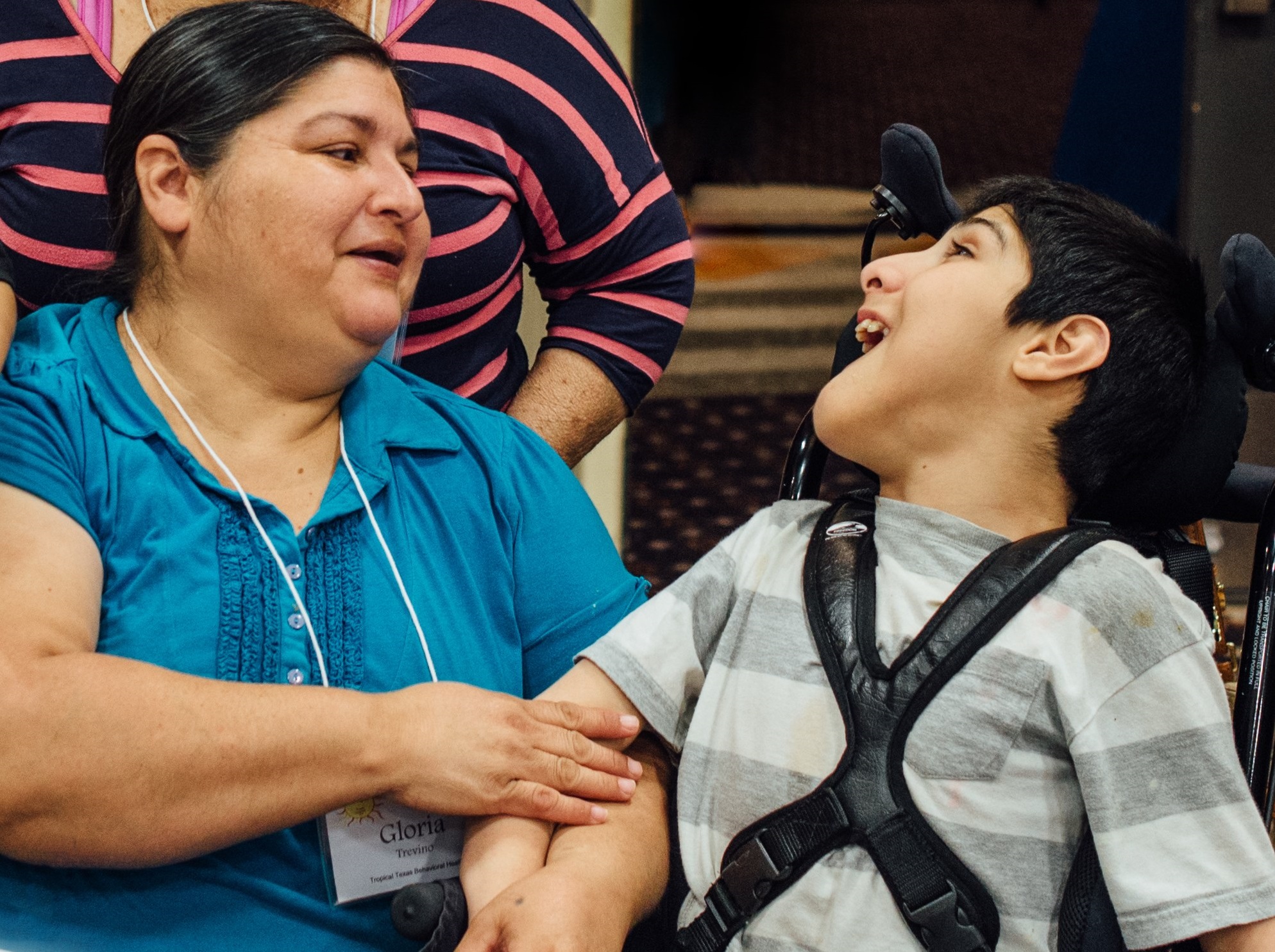Commitment to Equity
A Core
Integral Care
Value
A Core
Integral Care
Value
When it comes to mental illness, substance use disorder and intellectual and developmental disabilities, Black, Indigenous, and people of color (BIPOC) have historically not received the same quality of health care as Whites.
Integral Care is committed to working toward racial equity. We aim to provide quality health care to everyone and create a space where our clients, team members and providers feel welcome.
Our work has included the creation of a Board Staff Ad Hoc Committee on Racial Equity, the development of a Racial Equity Plan, and the completion of a Racial Equity Assessment of Integral Care. Across these efforts, we:
We learned that more had to be done to support our staff as well as offer more equitable service provision for clients of color. To deliver quality health care for all, organizations like ours must act instead of react. Our work to end institutional racism and support people of all identities will remain constant as we continue to build racial and health equity agency-wide.

